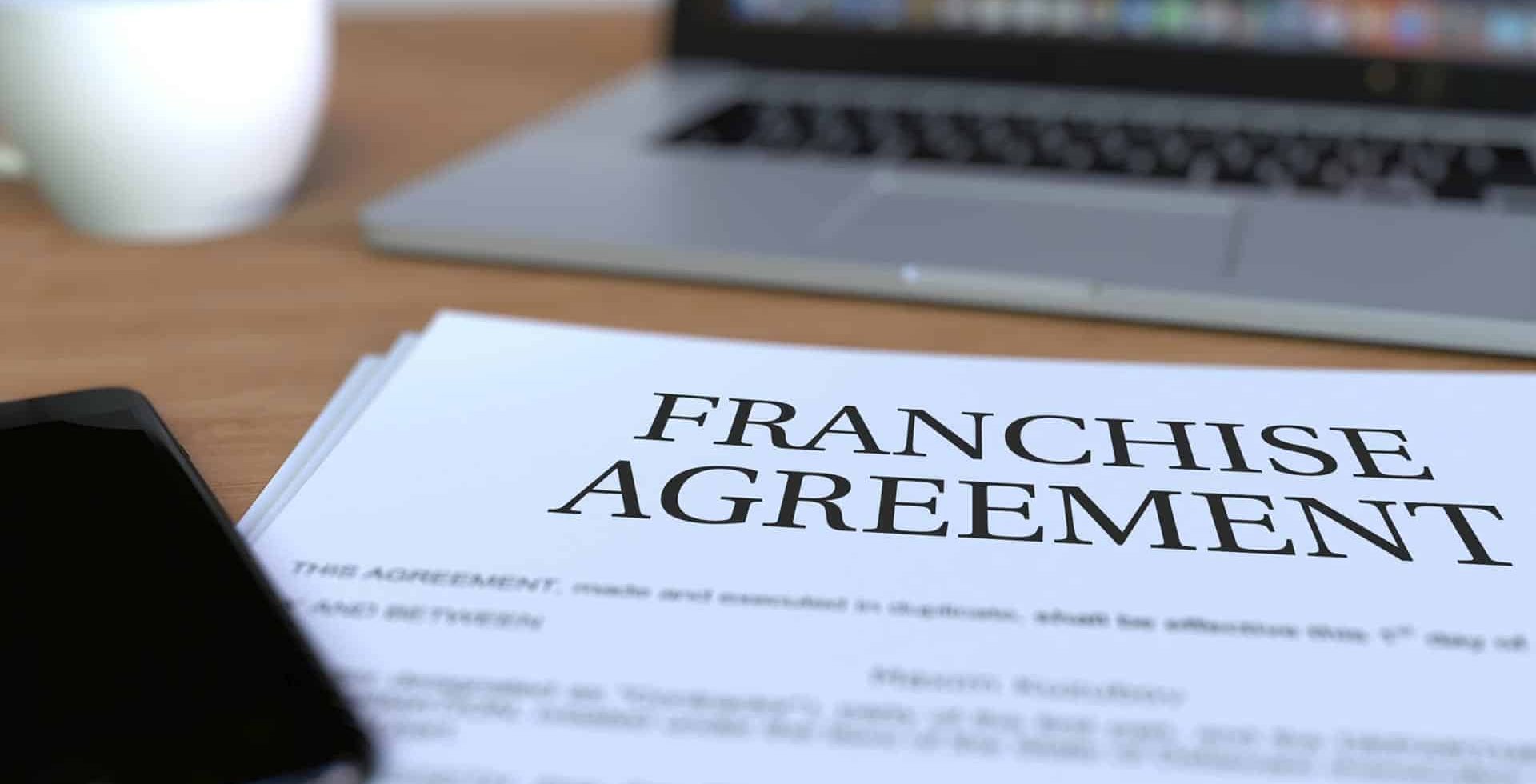Three significant Employment Court decisions have recently explored challenging situations relating to the distinction between an employment relationship and business relationships not falling within the parameters of s 6 of the Employment Relations Act 2000. (Southern Taxis Ltd v A Labour Inspector, Leota v Parcel Express and Arachchige v Rasier New Zealand Ltd)
These cases have shone the spotlight on business models that depend on a workforce built on “independent contractor” agreements. The applicable law in relation to section 6 has been well understood for some time (See Bryson v Three Foot Six Ltd (No 2)). While the law has not changed much since Bryson, business models and the way in which business is done generally certainly have.
Business models such as franchising are popular for both their flexibility and the speed with which they allow a business to scale and grow, while enabling the owner to retain ultimate control over the brand and the workforce. One advantage is that a franchisor does not need to deal directly with numerous staff, that is all handled by their franchisees. In certain types of sectors where performance management could be a real issue and where wage costs will be high, that is a significant advantage.
Franchising is still a relatively modern form of business model. Although the origins of franchising in the USA go back several decades, and although franchising has been in New Zealand from at least the 1970’s onwards, it is clear that there has been significant growth in the sector in New Zealand in the last 10 to 15 years.
A 2010 Franchising New Zealand survey found that the sector employed around 80,000 people across 450 franchise systems with 26,600 individual franchise units. By 2017, the same Franchising New Zealand survey results indicated there had been significant growth, with the sector now employing 124,200 people, across 631 franchise systems and through a total of 37,000 individual franchise units.
At its heart, a franchise agreement is simply a contract between the franchisor (the owner of the brand and the business methodology or system) and the other contracting party, the franchisee. Under a typical franchise agreement, the franchisee receives the right to use the brand and the business methodology in connection with the operation of the franchise business. In return, the franchisee pays fees and agrees to follow the franchise system. That system is generally embodied in various operations and other manuals. If a franchisee does not follow the franchise system, they risk losing their franchise “business”.
Franchise agreements are regarded as take it or leave it contracts, in which there is little negotiability involved. They contain many obligations on franchisees that at first glance can appear very onerous. Franchisors would argue that they need to control use of the brand and compliance with the system in order to protect their legitimate interest and.
There is no one size fits all form of franchise model. Franchising is a species with many different subspecies and offshoots. The particular type of model will vary widely, depending on:
- the level of theoretical and practical control exercised by the franchisor over the franchisee. In some business models, franchisors have very extensive powers and controls that they can and in many cases do exercise over franchisees, to the point where the money that is paid by the customer for the franchisee service goes to the franchisor in the first instance, and funds are only remitted to the franchisee after certain decisions are made.
- the extent of the investment made by the franchisee and the level of up-skill that is required to operate the franchise. In systems at the lower barriers to entry end of the spectrum, the investment will be low and minimal training will be required to actually operate the franchise. It could be argued there is little actual methodology provided that is not already out there in the public domain.
- the extent to which the franchisee has an understanding of the franchise agreement itself. In low investment franchises, franchisees may not even speak English very well, much less use lawyers to assist them. They are much less likely to understand the nature of what they have signed.
- the extent to which the franchisor is involved in and in substance actually operating the franchisee’s business (albeit the franchisee may be paying for that service). Again, this is a feature that is sometimes seen in franchises at the low investment end of the franchise spectrum.
Against that background, is there scope for a franchise agreement to be considered an employment agreement, in particular in the wake of such cases as Leota v Parcel Express Ltd ([2020] NZ EmpC 61)?At first glance, the type of business model in the Leota case bears many similarities to a form of franchise model that sits squarely at the low investment end of the spectrum I have just described. Key factors present in the Leota case and seen often in some types of franchises include:
- English was a second language of Mr Leota
- There was no meaningful opportunity to read and understand the agreement before Mr Leota was required to sign it
- was assigned a run for Panmure – he had no say in the boundaries for that territory. He was required to work where and when directed by the company, despite the fact the agreement provided he could develop his business further.
- Mr Leota was required to wear a uniform specified by the company and to observe and comply with companies procedures manual
- Mr Leota was required to comply with any directions given by the courier company and he was required to perform his work to the standards specified by the company. He was under a significant degree of control.
- Mr Leota could not take more than 20 working days holiday without prior approval of the company
- There was a restraint of trade clause in the agreement
- A clause in the agreement provided expressly that the relationship was not one of employment.
A factor present in Leota and not typically seen in franchise agreements was that Mr Leota was assigned a run for Panmure. He thus had no say in the boundaries for that territory. In franchising, generally, franchisees do choose which territory they want, once they choose to become a franchisee.
The question of when can a “franchise agreement” amount to an employment agreement has been the subject of litigation in the USA, where of course differing states can and do have varying laws that regulate both franchises and employment agreements.
In Awuah v Coverall North America, Inc., a case involving a commercial cleaning franchise system, the United States District Court for the District of Massachusetts ruled that the franchisees had been misclassified as independent contractors and instead were employees under relevant Massachusetts law. A key factor in the reasoning was that the franchisees were performing the same services as those sold by the franchisor.
In Hayes v Enmon Enterprises LLC, a case involving the Jani King cleaning franchise system, the Court reviewed all relevant evidence in order to assess whether the parties were in an employment or a franchise relationship. In declining the franchisor’s application for summary judgment the Court found that although some factors suggested an independent contractor relationship (such as a clause in the agreement to that effect), other factors bore more similarity to an employment relationship, such as the level of franchisor control of the work premises of the franchisee and the kind and character of the work to be performed.
A different outcome involving the same franchise system was reached in Juarez v Jani King of California Inc, a case considered under the California Labor Code. The Court found in favour of the franchisor, on the basis that the Jani-King did not exercise “sufficient control” over the franchises to render them employees. For example, the franchisees still had the right to hire, fire and discipline their own employees. The Court found that the controls that Jani King did have, including the ability to retain sole ownership of the cleaning contracts and to terminate the franchisees, these controls were necessary to protect Jani King’s legitimate interest.
It can readily be observed that a common denominator of these cases is they involve commercial cleaning / cleaning franchises. Other types of franchises have of course dealt with this issue.
Returning to the New Zealand landscape, very clearly, Leota is not going to affect the majority of genuine franchises, where franchisees fully understand what they have signed and where they are genuinely running their own businesses by doing things typically associated with running one’s own business such as marketing their services, building a client base, performing the work, invoicing clients direct and completing their own GST returns. But equally I believe it is only a matter of time before a low investment “franchise” arrangement comes before the Employment Relations Authority for determination as to whether the relationship is in essence an employment relationship.
Feel free to contact me for any advice specific to your situation, ph 021 791 740 or deirdre@deirdrewatson.co.nz






